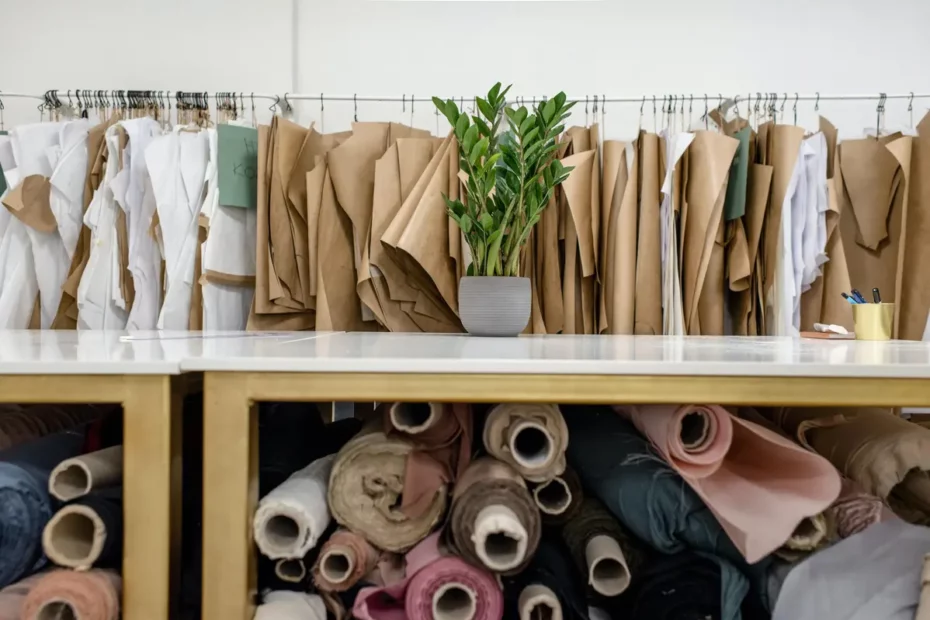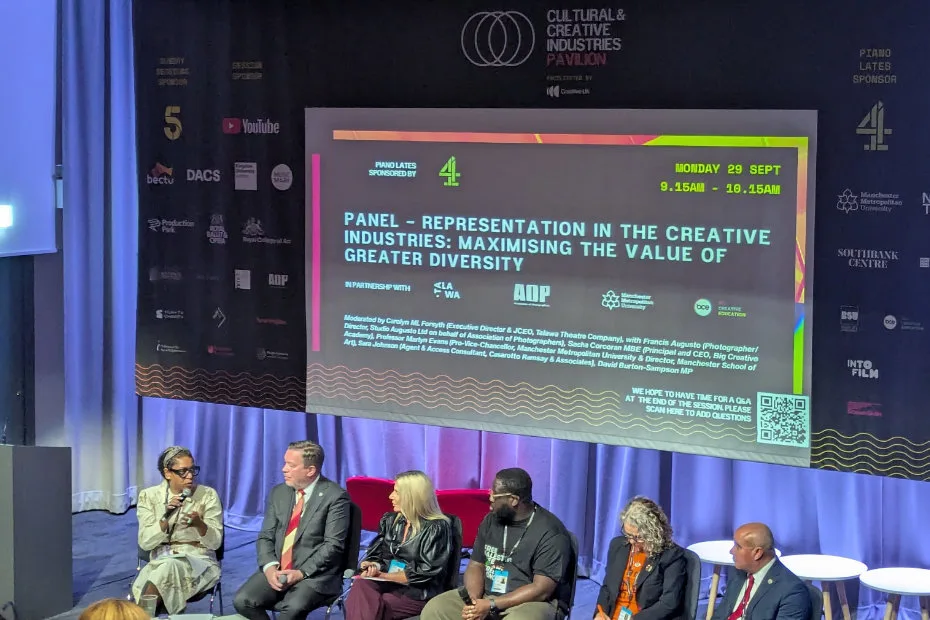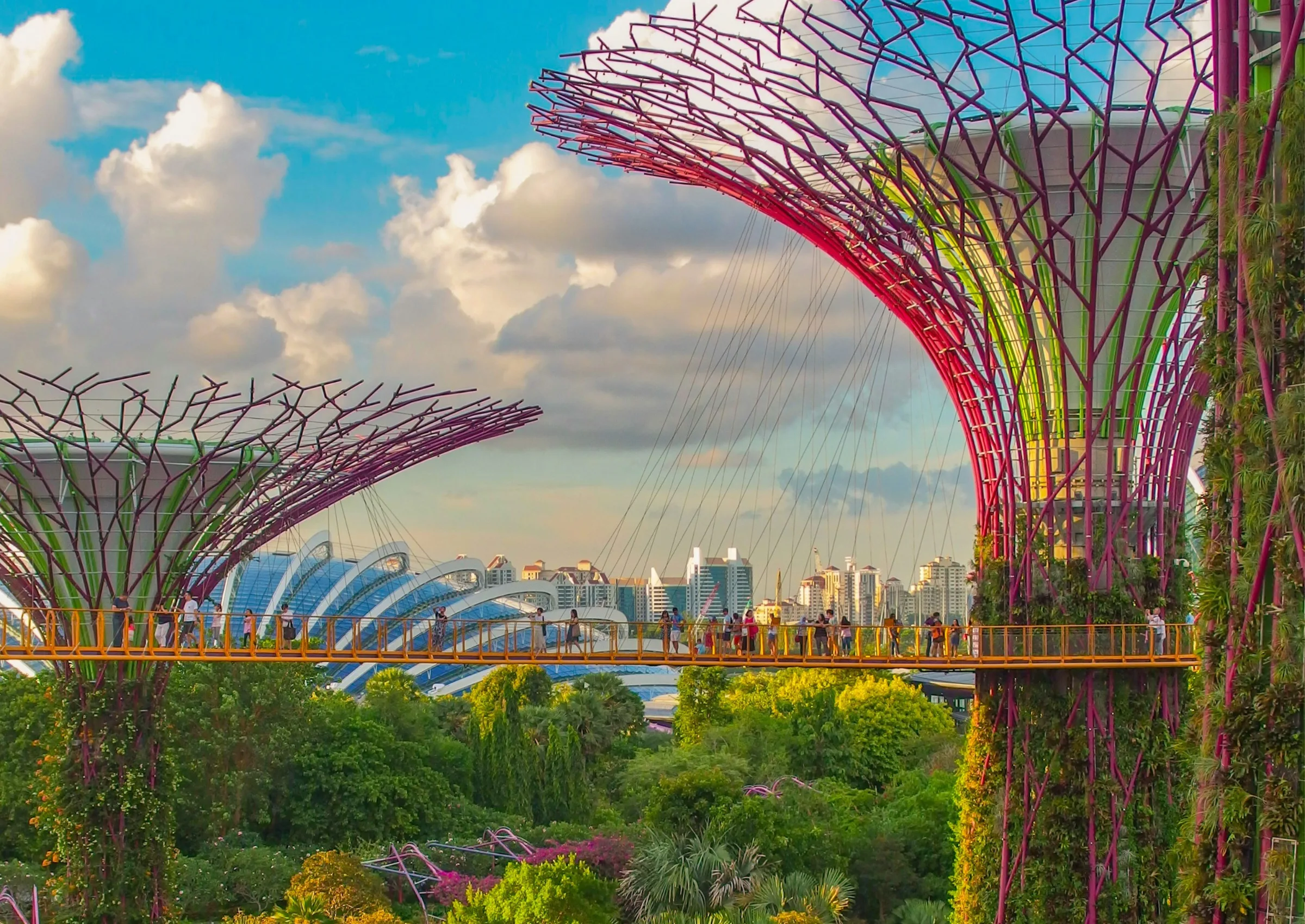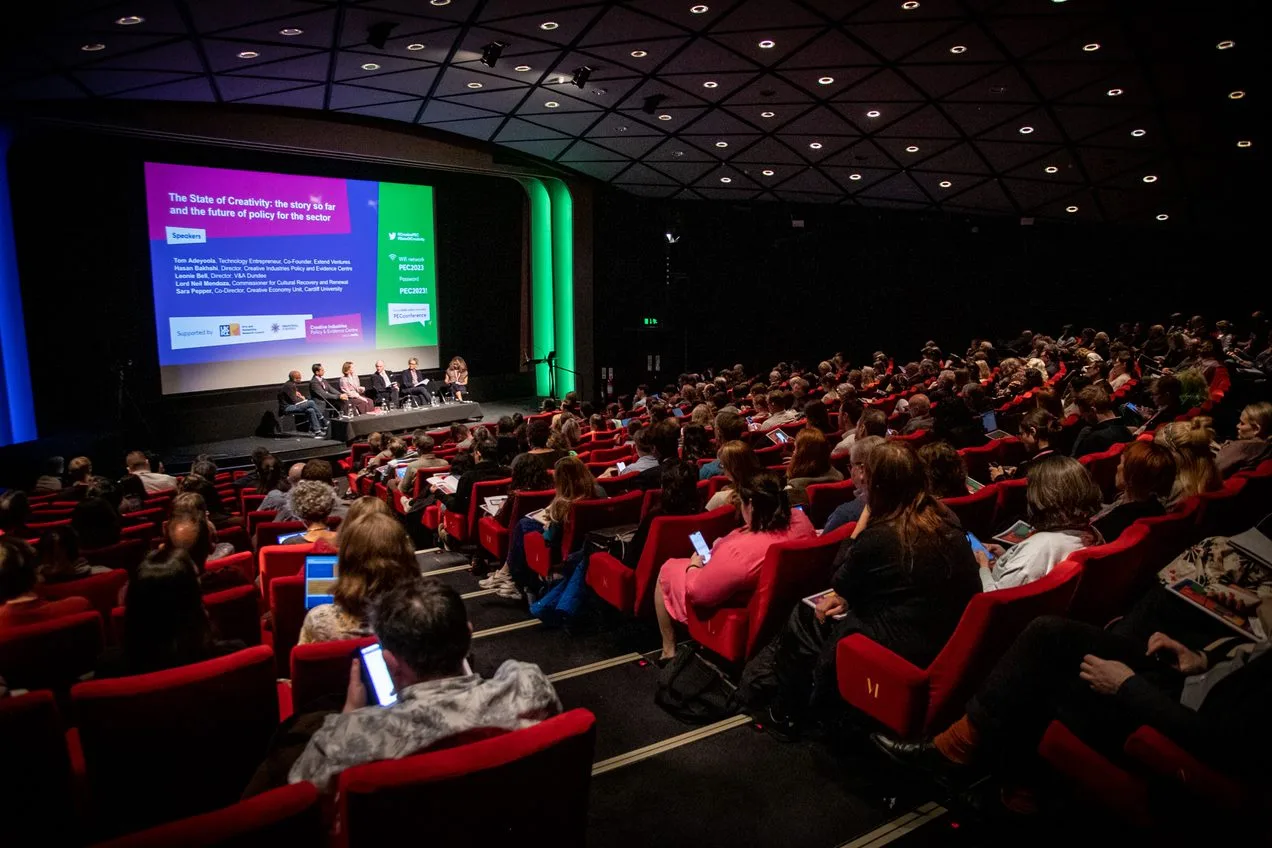The creative industries is a wide and evolving sector. As such, when developing policy recommendations, the PEC has to navigate opinions, realities and shifting terrain. Of course, being an evidence centre, we respond to the latest data and reports, but we also have a commitment to work ‘with’ the creative industries, not just ‘on’. Put simply, industry engagement is essential in helping us define policy priorities.
The PEC runs an Industry Champions scheme, with members taken from across the full breadth of the creative industries. Each year we survey our Champions, to test our thinking and ensure we are absorbing emerging and potentially sector-changing ideas; there is no better way for us to check that our positioning aligns with real needs than to take guidance from those in the sector.
Specifically, the results from our annual survey generate policy priorities which we use to frame open research calls, consortium studies and industry panels. These activities then generate briefings and other publications which establish a frame for policy discussions in the UK. And through this work we demonstrate the central importance of industry voices.
The results
In our most recent survey, as in previous years, we asked our Champions what they considered to be the most urgent challenge facing the Creative Industries in the UK. Their responses were revealing and fell into three broad categories, from the most pressing through to those considered notable. Alongside some perennial challenges – such as education, and the economic system – certain challenges were imbued with particular significance, such as the effects of Covid-19. When speaking about the impact of Covid, champions highlighted a need for technological developments, and a strong sense that perceived injustices must be addressed.
The most pressing challenges (most frequently mentioned)
- Brexit
- Diversity, inclusion, and opportunities
- The Covid-19 pandemic
- The economic system, including funding, investment, and levelling up
- Education, including primary, secondary, and tertiary
Significant challenges (mentioned more than once)
- The workings of government
- Innovation
- Internationalisation
Notable challenges (mentioned once)
- Climate change
- Public Service Broadcasting
- Live music (the decline of)
- Content distribution
Within the responses, particular themes were also identified, which had strong resonance with existing PEC interests:
- Convergence of media and technology
- High social value of the arts and culture compared with low monetary returns
- Disparity in status between arts and culture and STEM
- Unstable incomes acting as a barrier to success and stability
And certain responses touched on emerging territory, linked to current working conditions and expectations:
- Hybrid live and online events
- Twin effects of Brexit and the Covid-19 pandemic and the need for reassessment of modes of operation
As we move into 2022, producing evidence to support the understanding of these challenges will form a focus for our work. And with the continued input of our Champions, through future surveys, we will ensure the PEC remains in the best place to decide where policy interventions are most necessary and valuable.
Please note:
The PEC’s Industry Champions Scheme is run in partnership with Creative UK. If you are interested in finding our more, please contact Tom Cahill-Jones, Partnerships Manager, PEC, at the email address tom.cahill-jones@nesta.org.uk
Related Blogs
From Wales to the World: Why International Cultural Policy Needs a Future Generations Lens
This guest blog is from Professor Sara Louise Pepper, a member of our Global Creative Economy Counci…
10 facts about Creative Industries growth potential
Discover ten key findings from the report 'High-Growth Potential Firms in the UK's Creative Industri…
Why London is investing in Creative Enterprise Zones
London Mayor Sir Sadiq Khan announces £2.2 million in new funding for Creative Enterprise Zones.
Research resources on Creative Clusters
We’ve collated recent Creative PEC reports to help with the preparation of your Creative Cluster bid…
What UK Job Postings Reveal About the Changing Demand for Creativity Skills in the Age of Generative AI
The emergence of AI promises faster economic growth, but also raises concerns about labour market di…
Creative PEC’s digest of the 2025 Autumn Budget
Creative PEC's Policy Unit digests the Government’s 2025 Budget and its impact on the UK’s creative …
Why do freelancers fall through the gaps?
Why are freelancers in the Performing Arts consistently overlooked, unseen, and unheard?
Insights from the Labour Party Conference 2025
Creative PEC Policy Adviser Emily Hopkins attended the Labour Party Conference in September 2025.
Association of South-East Asian Nations’ long-term view of the creative economy
John Newbigin examines the ASEAN approach to sustainability and the creative economy.
Culture, community resilience and climate change: becoming custodians of our planet
Reflecting on the relationship between climate change, cultural expressions and island states.
Cultural Industries at the Crossroads of Tourism and Development in the Maldives
Eduardo Saravia explores the significant opportunities – and risks – of relying on tourism.












